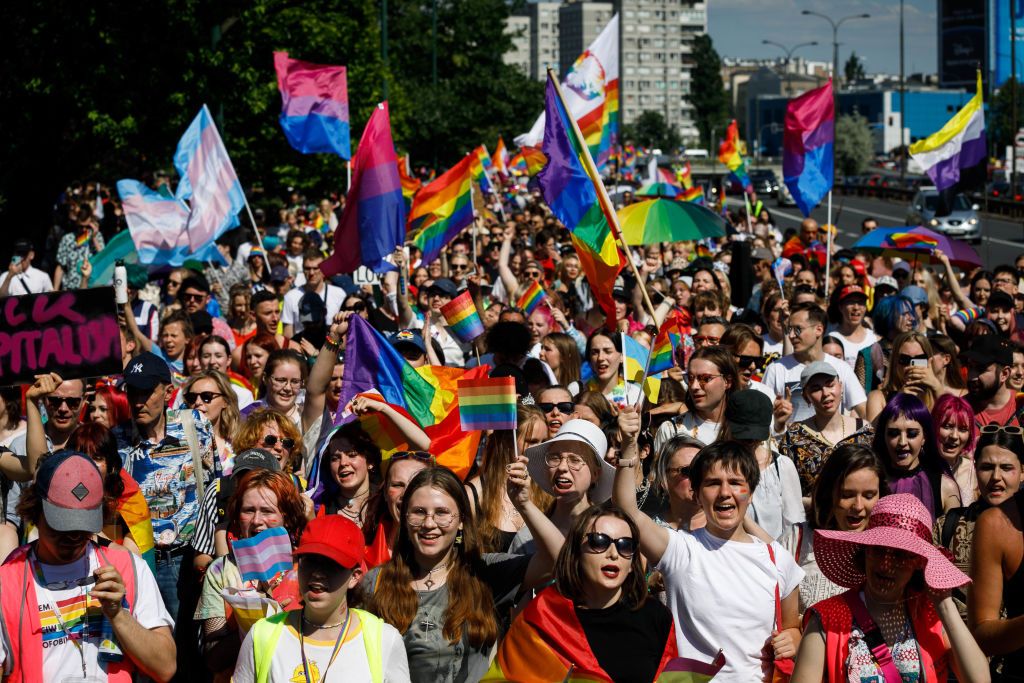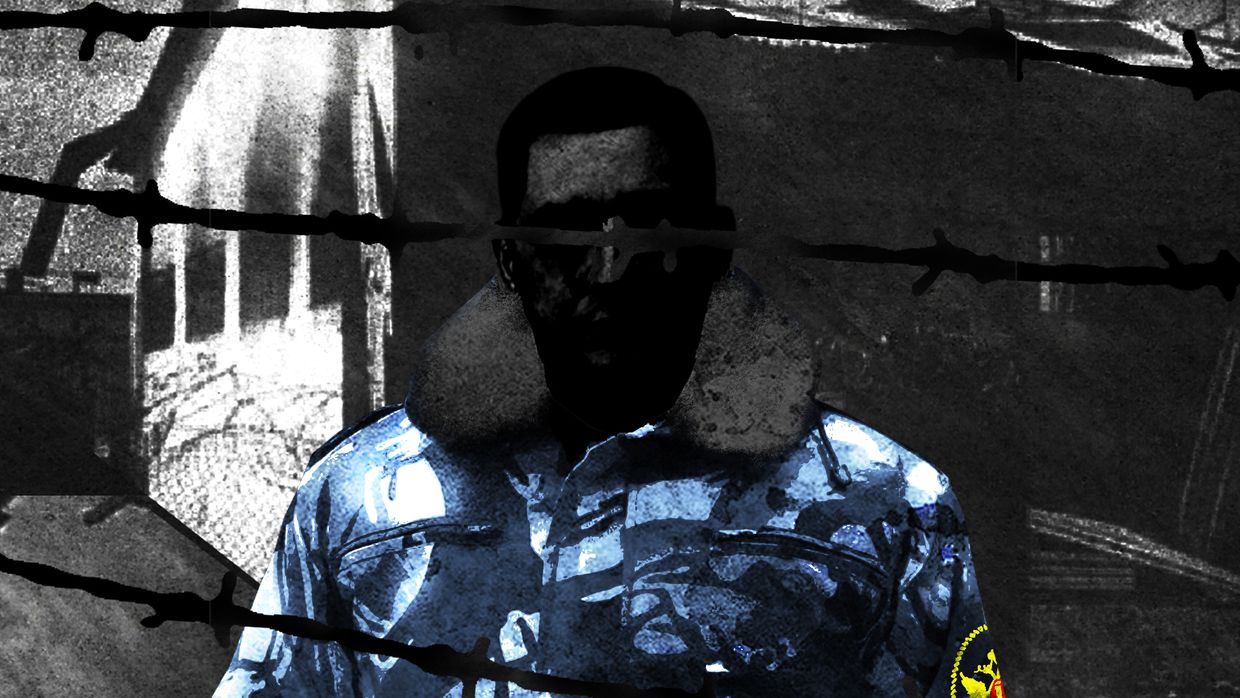Mediazona: Russian LGBT 'extremism' case court hearing closed to public, defendants.
A hearing by Russia's Supreme Court on whether to designate the "international LGBT movement" as an extremist organization was closed to the public, including those representing the defendant, the Russian independent media outlet Mediazona reported on Nov.
30. A Mediazona correspondent said that only representatives of Russia's Justice Ministry were allowed in the courtroom, although journalists will be able to view the proceedings when the judge announces the decision. The ministry announced a motion on Nov.
19 to brand the "international LGBT movement" as an extremist organization and ban its activities. The ministry accused the movement of causing "social and religious discord." It is not clear whether the proposed ban covers the entire LGBT community or specific organizations.
If the motion passes, any LGBT activist in Russia could be subject to criminal prosecution.
Russia seeks to ban LGBTQ movement as 'extremist' If the motion passes, any LGBTQ activist in Russia could be subject to criminal prosecution.

Russia has previously banned groups of people, ideologies, or ideas without strictly defined structure or membership. Russian President Vladimir Putin signed a law in 2018 banning so-called "Columbine communities" that allegedly promote school shootings.
The Kremlin's crackdown on gay rights intensified following the full-scale invasion of Ukraine in Feb.
2022. The government passed legislation banning the public expression of LGBT identity in Russia on Dec.
5, 2022. The law criminalized what it calls "propaganda" related to "nontraditional sexual relations" in media.
The Russian State Duma targeted the transgender community the following year, banning gender-affirming care in July 2023. Putin has rhetorically linked his anti-gay and anti-trans policies to the invasion of Ukraine. He included remarks against the LGBT community in a ceremony held on Sept.
30, 2022, to formally announce the illegal annexation of Ukraine's Zaporizhzhia, Donetsk, Luhansk, and Kherson oblasts.
"Do we really want perversions that lead to degradation and extinction to be imposed in our schools from the primary grades?" Putin said in his address.
Olenivka POW camp, where Ukrainians were tortured, was likely supervised by a high-ranking official from Moscow
Kirill Popov, the first deputy head of the Russian Federal Penitentiary Service's Moscow branch, is likely to have overseen the work of the Olenivka POW camp, located in the occupied parts of Donetsk Oblast.
